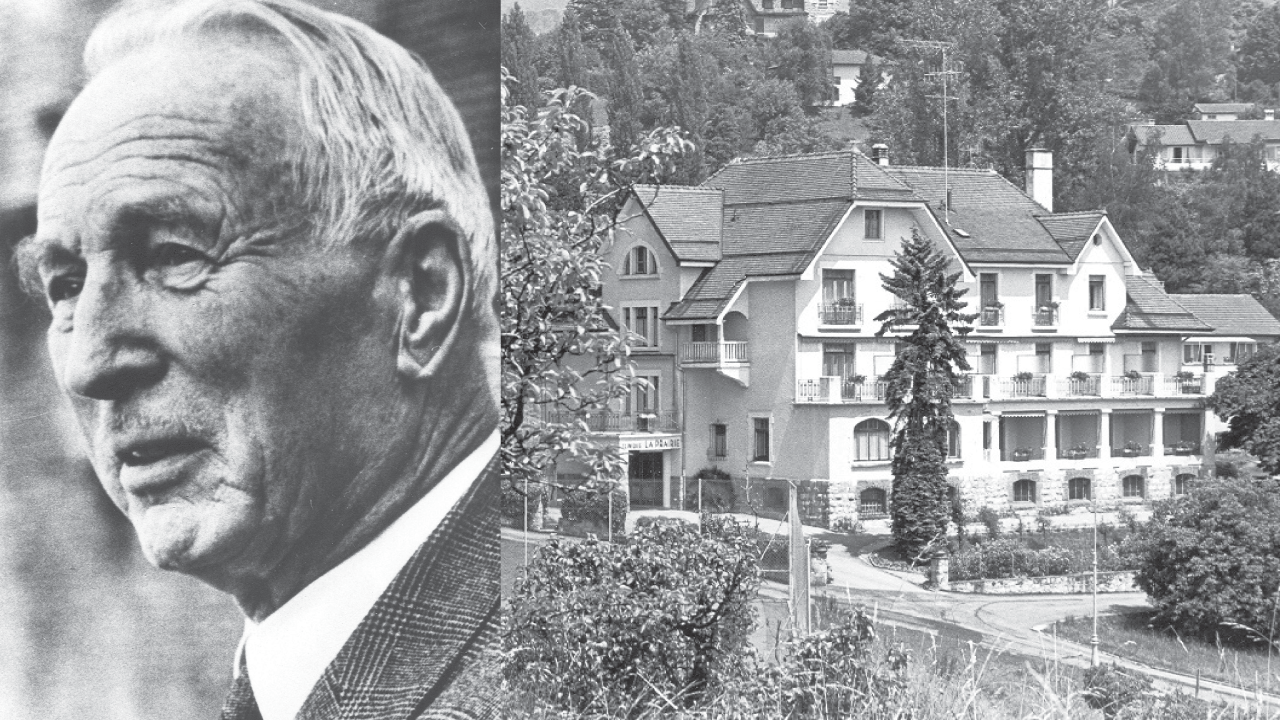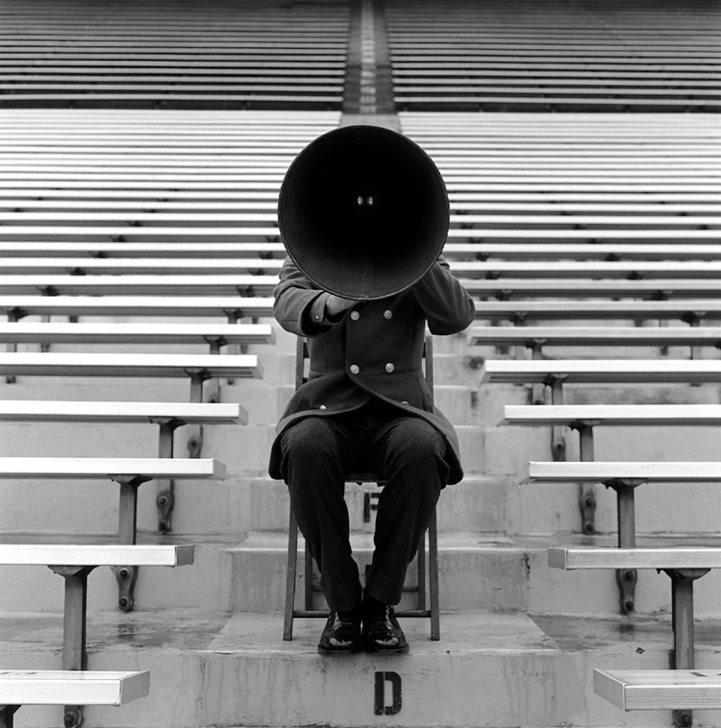A Legal Look at Buying Hotel Residential Units
When buying into mixed-use, hotel-managed projects, there are important legal issues that must be clearly understood. Buying such a property differs from usual sale and purchase, or lease agreements of residential homes and units.First, all too often customers expecting a certain yield are initially disappointed once the actual returns start coming in, so it's best to make informed decisions by obtaining quality legal and tax advice in advance.
Buyers often confuse net and gross returns. Marketing and promotion material often show a percentage return, though this is usually subject to deductions.
With internationally-managed properties, these deductions usually include charges for reservations, credit-card commissions and a reserve for capital repairs or what hotels call FF&E (furniture, fixtures and equipment). FF&E reserves often run from 3% to 5% of revenue and reservations/commissions can exceed that amount.
Other typical deductions are common-area or cost recovery of expenses, tax on rental returns and insurance coverage (structure, contents and liability). In many instances, while a 50% or so return is shown in marketing material and highlighted in the contract, this would be the gross return. Once deductions are made this amount could fall to 40% net or even less.These deductions are generally in keeping with sound hotel-management and accounting principals, but it's important to know what your actual bottom-line return will be.
While residential estates use sinking funds, mostly charging annually or through special assessments, hotels use FF & E reserves, saving money from day one in order to address long-term refurbishment.
Hotel-managed units suffer greater wear and tear than residential units and often require soft goods replacements every three to four years. The reserve can cover this in later years, but the reserve amount will not cover major replacements or renovations. Hence, returns in later years are often subject to significant assessments, which affect returns.
Hotels, being capital-intensive assets, often see spikes in expenses over time, which makes mixed-use projects less attractive to investors planning long-term, straight-line growth.Buyers looking at using their property during the year, the trend being 30 to 60 days, should look at restrictions of use during high season. Also, "free stays" are not always free, as usage fees often apply. One must look at the usage fees and see how they are calculated. A "free stay" can cost US$40 to $50 a night or more.
For those buying on guaranteed returns, it's important to understand what options are available on expiration of the guaranteed period and whether the options are contractually in place or subject to change.
Ideally, units sold on leasehold are on land subdivided from the hotel. This protects buyers in case of a bankruptcy, foreclosure by a financial institution or legal claims against the hotel. It similarly limits the ability of the hotel owner to financially leverage or borrow against units that have been sold. For long-term planning, it's important to make sure that registered right of ways, easements for utilities, services and access as well as rights of use are obtained from the hotel part of the project, as this will affect the ability to resell units.
Another consideration is whether the units that comprise the hotel will be eventually converted to residential units. Nothing lasts forever and hotel and residential product cycles do not run in parallel. What happens years later if the hotel fails due to changing market conditions, deterioration of product or commercial viability? For the most part it's not an easy question to answer as these types of projects are still early on the development curve.
Contracts do need to include provisions for such scenarios.People buying units on the strength of a brand must be aware that for the most part international brands are not the owners or developers of the project. Usually, a management agreement has been entered into for a specific term and duration, which needs to be disclosed to the buyer.What happens when brand contracts expire, change or the project can no longer be branded? Again there are no hard and fast rules here. Hotel contracts can span any duration but most run 10 years, though some last 15 to 25 years. Another issue is that when hotels are sold, there is a change of brand that may in turn affect yields.
Lifestyle investments are a global phenomenon. The ongoing annual returns of hotel-managed properties in many cases outperform the rental market, and investors often have a shorter investment horizon. These are significant purchases and, as in any transaction, it's important to understand the fine print and what financial consequences are in a contract – and then make a fully informed decision.


